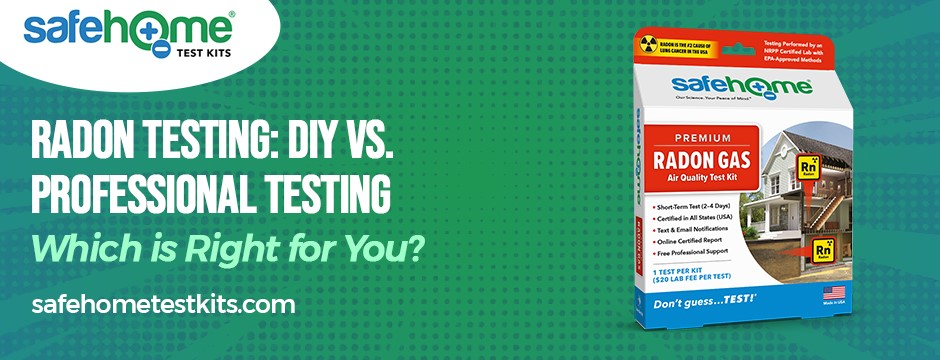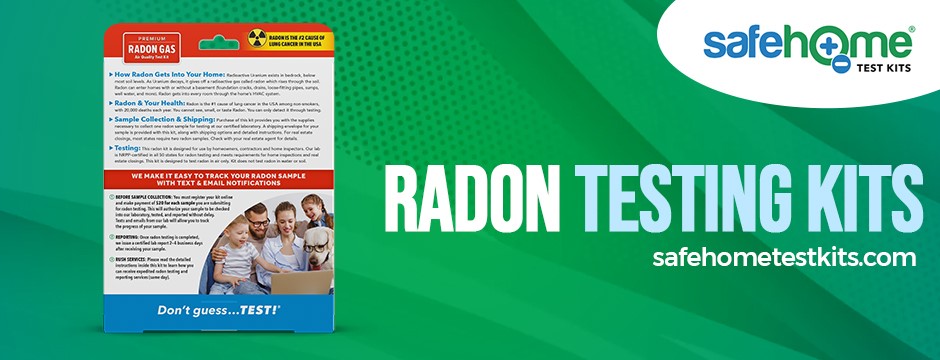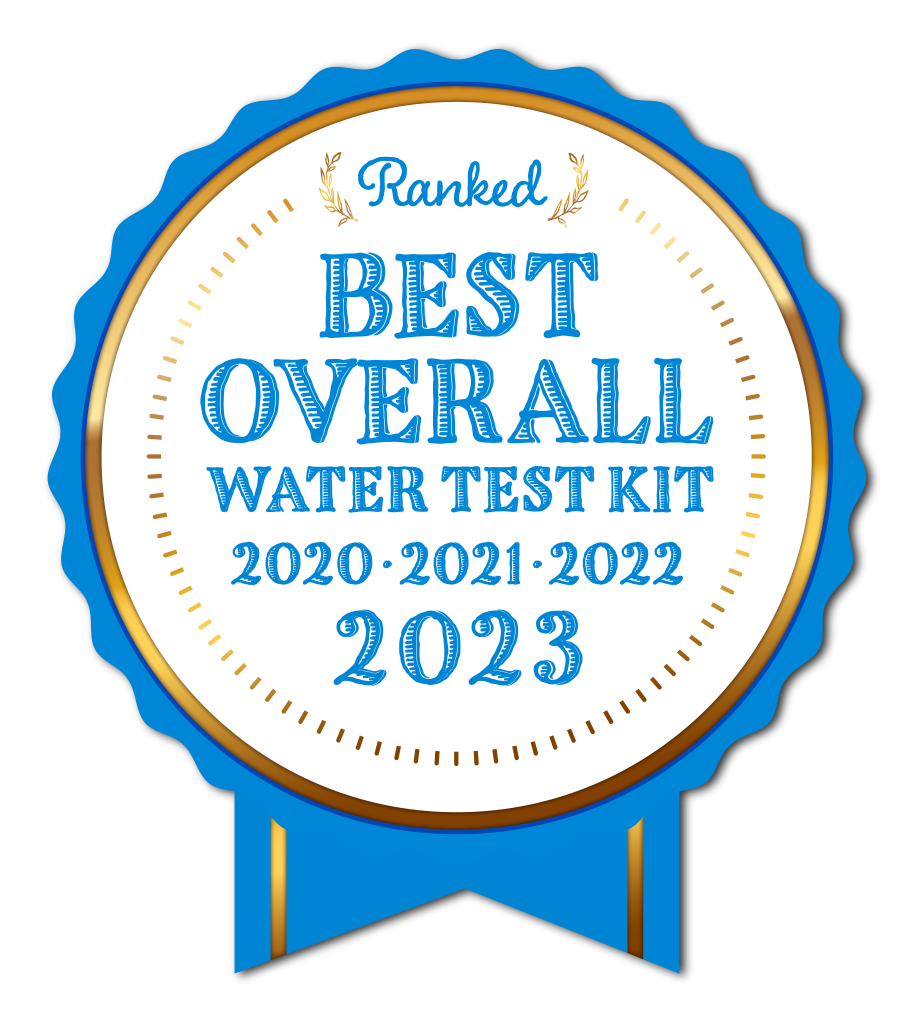Radon Testing: DIY vs. Professional Testing - Which is Right for You?

Maintaining a healthy and safe indoor environment is paramount, and among the various factors that impact indoor air quality, radon gas remains a silent and invisible threat. Radon, a colorless, odorless, and tasteless radioactive gas, naturally seeps from the ground and can pose serious health risks, including lung cancer, when exposure is prolonged. To ensure the well-being of your household, radon testing is essential. However, the question arises: should you undertake DIY radon testing or enlist the services of professionals? In this comprehensive guide, we’ll delve into the pros and cons of both approaches, empowering you to make an informed decision tailored to your needs.
Understanding the Menace of Radon Gas
Radon gas, a byproduct of uranium decay in soil and rock, enters homes through various openings such as cracks in foundations and walls. This gas, when trapped indoors, can accumulate to hazardous levels, particularly when inhaled over time. The World Health Organization (WHO) recognizes radon exposure as a leading cause of lung cancer, second only to smoking. The imperative of radon testing cannot be overstated, as it helps detect and mitigate potential risks within your home.
DIY Radon Testing: Weighing the Pros and Cons
Radon exposure is a serious health concern due to its link with lung cancer. When inhaled, radon gas further decays, releasing tiny radioactive particles that can damage lung tissue. Prolonged exposure to elevated radon levels increases the risk of lung cancer, particularly for smokers and those with a family history of the disease. Children and older people are also more vulnerable to its effects.

DIY radon testing kits are readily available in the market, offering an accessible and cost-effective means of assessing radon levels in your residence. Typically, these kits include a radon testing device and detailed instructions for placement and duration. Let’s explore the merits and drawbacks of opting for a DIY radon testing approach:
Pros of DIY Testing:
- Cost-Effectiveness: DIY testing kits are comparably economical in contrast to professional services, catering to homeowners mindful of indoor air quality on a budget.
- Convenience and Accessibility: DIY kits are conveniently obtainable online or at hardware stores, affording you immediate access to radon testing without scheduling appointments.
- Prompt Results: Most DIY kits yield rapid results, enabling you to swiftly ascertain whether your home’s radon levels adhere to safe limits.
Cons of DIY Testing:
- Potential Inaccuracy: Accurate DIY testing hinges on precise setup and adherence to instructions. Misplacement or user errors can yield inaccurate outcomes, leading to skewed assessments.
- Limited Expertise: DIY kits lack the interpretive prowess of professionals. Grasping the significance of radon levels and determining appropriate actions based on the results can be challenging..
- Absence of Professional Guidance: DIY testing lacks personalized recommendations or guidance in the event of detecting elevated radon levels, potentially leaving you without a clear course of action.
Professional Radon Testing: Weighing the Pros and Cons
Opting for professional radon testing entails enlisting experts specializing in assessing indoor air quality, including radon levels. Here’s a closer examination of the benefits and limitations tied to seeking professional testing:
Pros of Professional Testing:
- Expertise and Experience: Certified radon professionals possess the expertise and experience to conduct precise testing and effectively interpret the results.
- Comprehensive Evaluation: Professionals employ advanced equipment and methods to conduct a thorough assessment of radon levels throughout your residence, providing a comprehensive analysis.
- Reliable and Objective Results: Professional testing guarantees trustworthy results. Professionals adhere to established protocols, minimizing errors and ensuring accurate readings.
Cons of Professional Testing:
- Higher Cost: Professional testing services generally entail a higher cost compared to DIY kits. However, this investment reflects the expertise and thoroughness of the assessment.
- Scheduling and Wait Time: Booking a professional appointment may entail some waiting. Additionally, you’ll need to wait for the results following the completion of the testing.
Factors Guiding Your Decision: DIY or Professional Testing
In reaching a decision between DIY and professional radon testing, consider the following factors:
- Financial Plan: Evaluate your budget and ascertain the funds you’re willing to allocate to radon testing.
- Time Restraints: Assess the urgency of testing and how promptly you require results.
- Peace of Mind: Reflect on the comfort derived from accurate results and professional insights.
- Accuracy and Reliability: Gauge your confidence in conducting a precise DIY test versus relying on skilled professionals.
Step-by-Step Guide to DIY Radon Testing:

For those inclined towards DIY radon testing, here’s a detailed procedural guide:
- Choosing the Appropriate Kit: Opt for a reputable radon testing kit that aligns with your requirements. Follow the provided instructions diligently.
- Placing the Testing Device: Position the testing device in a suitable location, typically in the lowest habitable section of your home.
- Adhering to Duration Instructions: Respect the recommended testing duration, typically spanning 2 to 7 days, to ensure accurate outcomes.
- Sealing the Kit and Submitting for Analysis: After the testing duration concludes, seal the kit as directed and dispatch it to the designated laboratory for analysis.
- Deciphering the Outcomes: Once the results are in your possession, refer to the provided instructions to comprehend your home’s radon levels.
Professional Radon Testing: A Host of Advantages
Professional radon testing affords several benefits pivotal to your decision-making process:
- Informed Selection of Testing Method: Professionals guide you in selecting the optimal testing approach based on your residence’s unique attributes.
- Precision in Placement and Duration: Experts guarantee accurate placement and adherence to the designated testing duration, minimizing potential inaccuracies.
- In-Depth Analysis and Interpretation: Professionals provide an exhaustive analysis of your results, furnishing insights into the significance of radon levels detected.
- Mitigation Recommendations: Should elevated radon levels be detected, professionals can recommend mitigation strategies to curtail radon exposure.
Making the Choice: DIY or Professional Testing
To arrive at a well-informed choice between DIY and professional radon testing, embark on the following journey:
- Financial and Time Evaluation: Assess your allocated budget and urgency for results, guiding your testing approach.
- Weighing Accuracy and Expertise: Contemplate the precision you seek and your confidence in executing a DIY test accurately.
- Cognizance of Health Risks: If vulnerable individuals like children or the elderly inhabit your home, professional testing may provide heightened reassurance.
- Balancing Convenience with Counsel: Deliberate on the convenience of swift DIY results versus the insight and direction proffered by professional testing.
Ensuring Safety and Serenity
Radon testing emerges as a pivotal stride in preserving a secure and wholesome living environment. Regardless of whether you embrace DIY radon testing or opt for professional assistance, your paramount consideration should be the well-being of your family. DIY testing offers accessibility and affordability but mandates meticulous adherence to guidelines. On the contrary, professional testing yields precise outcomes, expert guidance, and all-encompassing evaluations. Whichever path you traverse, recall that the ultimate objective is shielding your dwelling and loved ones from the concealed threat of radon gas. By adopting this proactive stance, you invest in the enduring welfare of your household.
For more inclusive information on Radon testing, follow our “Learning Center” section at Safe Home®!


